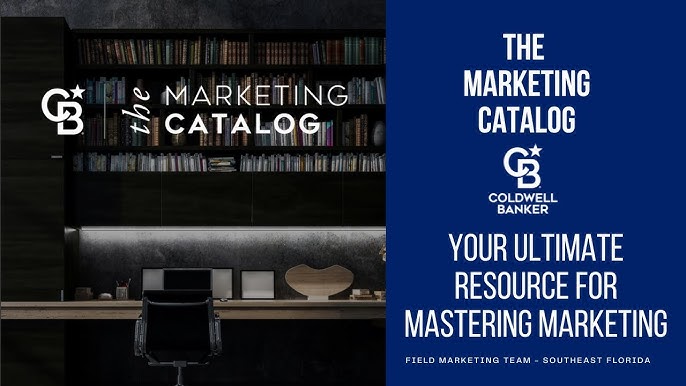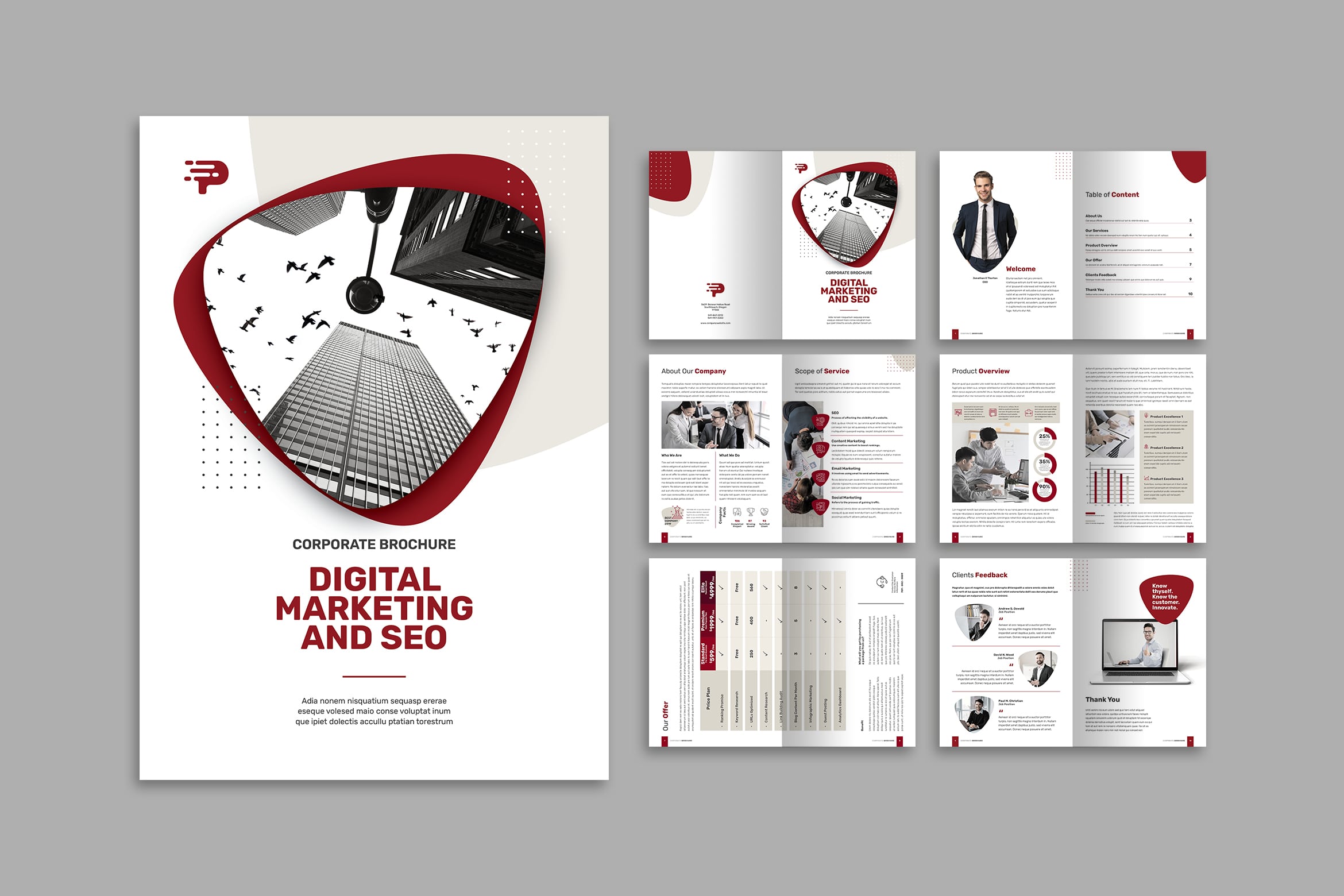Digital vs Printed Catalogs: Which Works Best for Marketing?

When deciding between digital and printed catalogs for marketing, it’s essential to understand the strengths and limitations of each format. This article will explore both options in detail, helping marketers choose the best approach for their needs.
Introduction

- Brief overview of catalogs in marketing
- Importance of choosing the right format
Digital Catalogs
- Definition and examples (e.g., online PDFs, interactive catalogs, mobile apps)
- Advantages:
- Cost-effectiveness (no printing or shipping costs)
- Easy to update and distribute
- Interactive features (videos, links, animations)
- Environmentally friendly
- Disadvantages:
- Requires internet access
- Potential technical issues
- May not reach audiences preferring physical copies
Printed Catalogs
- Definition and examples (e.g., mailed brochures, in-store catalogs)
- Advantages:
- Tangible and can be physically handled
- Often perceived as more trustworthy or premium
- No need for technology to access
- Disadvantages:
- Printing and distribution costs
- Less flexible for updates
- Environmental impact
Comparative Table
| Feature | Digital Catalogs | Printed Catalogs |
|---|---|---|
| Cost | Lower (no printing/shipping) | Higher (printing and mailing) |
| Accessibility | Requires internet and devices | Accessible anytime, no tech needed |
| Update Frequency | Easily updated | Difficult to update once printed |
| Engagement Features | Interactive elements | Physical interaction only |
| Environmental Impact | Eco-friendly | Uses paper and ink |
Marketing Effectiveness
- Target audience considerations
- Brand image and positioning
- Integration with other marketing channels
FAQs
- What are the best industries for digital catalogs?
- How can printed catalogs complement digital marketing?
- Are digital catalogs more cost-effective?
- How to measure the success of each catalog type?
Conclusion
- Summary of key points
- Recommendations based on business goals and audience
This structure ensures the article is SEO-friendly by incorporating relevant keywords, using clear headings, and providing valuable information in various formats like tables and lists. The FAQ section addresses common questions, improving user engagement and search engine ranking.
Would you like me to help expand any specific section or improve the tone and style of this outline?
